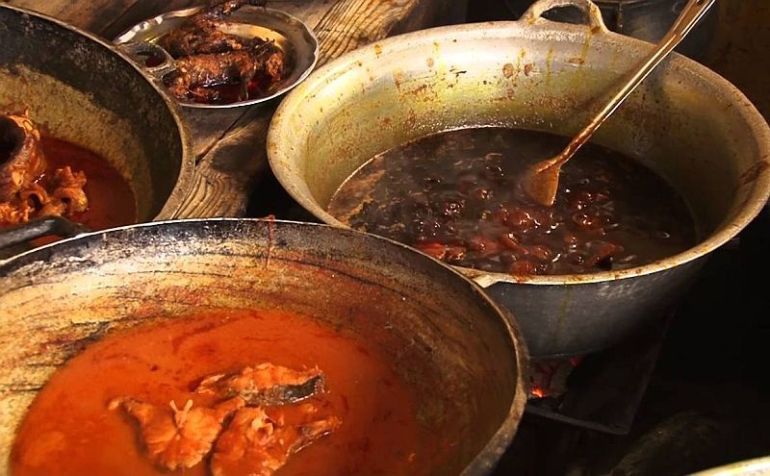Recently, there has been a hike in the number of young Nigerian men being diagnosed with kidney failure. Investigations reveal that part of the reason
Recently, there has been a hike in the number of young Nigerian men being diagnosed with kidney failure. Investigations reveal that part of the reason for this is the consumption of meat (in soups) which have been prepared with the use of paracetamol/Panadol. The reason these restaurant owners opt for paracetamol is because it helps them save gas/kerosene/firewood cost and also reduce the waiting time for customers.
For one sachet of 12 tablets, costing N50, the drugs can cause a pot full of meat to cook soft within a few minutes. It’s an amazing discovery, or so it seems. But what they don’t know is that as much as they are quickening the amount of time it takes to cook, they are also quickening the number of days of their customers.
Last week, a facebook user raised alarm about the prevailing use paracetamol to cook goat meat ‘pepper soup’ in Uyo, Akwa Ibom State and other surrounding areas.
Medical experts say when paracetamol is used in cooking, it loses the pain killer property and becomes highly acidic and dangerous for human consumption.
When the process occurs, paracetamol is hydrolyzed into what is called 4-aminophenol, which, experts say, is very toxic to the kidney and liver.
In its 2016 report, the Nigeria Medical Journal noted that Chronic kidney disease (CKD) has so prevalent in the country that it has become a public health problem in Nigeria.
Toughness of meat comes from the connective tissues in it. During cooking it slowly breaks down into a substance called gelatin, and the meat becomes soft. Without using paracetamol, one can tenderize meat by:
1. Cooking with a pressure cooker.
2. Brining (salting). This involves soaking the meat in a highly concentrated salt-water solution, typically for about 20 hours, before cooking.
3. Slicing the meat. This helps to sever muscle fibres and thereby hastens softening while cooking.
4. Pounding meat (e.g. with a mallet) before cooking.
5. Marinating (soaking) with acid in the form of vinegar, citrus juices or wine before cooking.
6. Marinating with enzymes. Pineapple, kiwi, ginger, Asian pear and pawpaw contain enzymes that can help tenderize meat.
7. Velveting the meat. This involves coating/soaking pieces of meat in a mixture of cornstarch, rice wine, salt, sugar, egg whites, and sometimes soy sauce, for about 30-45 minutes before cooking.
8. Slow-cooking the meat.
9. Using commercial meat tenderizers, which are sold in powder or liquid form. They should only be used sparingly, to avoid the meat becoming unpleasantly soft.
